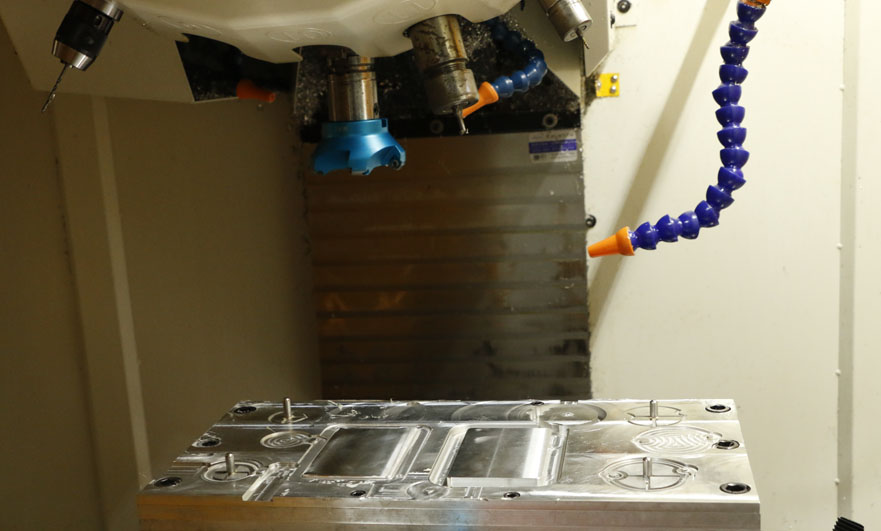The rationality of fixture design directly affects the quality, production efficiency and CNC machining cost of metal CNC machining parts. In actual production, the design of the fixture is mainly based on the CNC machining process plan and the experience of the operator.
The number of clamping and the frequency of tool change should be reduced as much as possible, and multiple processes should be completed in one clamping, saving auxiliary time and improving metal CNC machining parts. Productivity. When designing tooling fixtures, while ensuring the machining accuracy of the lathe, the principles of reasonable structure, low cost and easy installation and disassembly of metal CNC machining parts should be followed.
Fixtures are devices that help increase the speed of CNC machined parts of the same metal and reduce the human effort required to produce those parts, a center that has been highlighted before. A lathe is a suitable machine tool. It is not economical to produce individual metal CNC machined parts in different shapes and sizes, but produce a large number of similar items.
Capstan and turret lathes can be easily accommodated for repetitive jobs because of multiple cooling arrangements and the use of lateral stops, which increase the speed of metal CNC machined part production.
However, every type of metal CNC machined part cannot be CNC machined on a capstan or turret lathe and may involve the use of drilling, milling, planning and grinding machines, among others. If such metal CNC machined parts are to be mass-produced in the same shape and size, appropriate devices must be used for holding and positioning purposes so that repetitive work can be performed. These devices are jigs and jigs.

A fixture can be defined as a device that holds and positions a metal CNC machined part and guides and controls one or more tools. The grasp of the work and the direction of the tools are such that they are in their true position relative to each other.
In construction, a fixture consists of a plate, structure, or box made of metal, or in some cases non-metal, with provisions for handling parts one after the other in the same location, and then instructing the tool on a drawing, specification, or operating layout Incorrect position at work.
A fixture is a device that holds and positions a workpiece during inspection or CNC machining manufacturing operations. The gripper does not guide the tool.
In construction, fixtures consist of different standard or specially designed fixtures. The holding device works, it is fixed to the machine and is able to hold the metal CNC machined part in this position. Tool settings are working with gauges or manually adjusted.
Body: It is a panel, box or frame structure in which the CNC machined parts are located. It should be fairly sturdy and stiff.
Positioning Elements: These elements position the metal CNC machined part in the proper position relative to the tool.
Clamping Elements: These elements securely hold metal CNC machined parts in place.
Grinding and solidifying elements: These elements guide the tool in the case of the fixture and help the correct tool work in the case of the fixture.
Diameter Fixture
For drilling radial holes in cylindrical or spherical metal CNC machined parts. It is placed on the fixed V-block 6 and then clamped by the clamping plate 7, which is also positioned to work. The tool is guided by a drill sleeve 8 arranged radially with the work.
leaf clamp
It has a leaf or a 13-plate hinged to the body at 11 and can swing or open or close the leaf at work for loading or stowage purposes. Positioned by button 10 and clamped by set screw 12 . Drill sleeve 3 to guide the tool.
Ring Fixture
It is used to drill holes in circular flanged metal CNC machined parts. The work is clamped firmly on the drill body and the tool is guided through the drill sleeve to drill the hole.